“Ontology is the technology that now matters.” — Victor Alexander
A more tangible minimalism
Minimalism Life® has always explored the value of less—through essays, reflections, and curated inspiration. But minimalism isn’t just an idea. It’s also physical. It’s what we wear, carry, and keep close. The tools that support our routines. The garments that feel right. The objects that quietly do their job.
Lately, we’ve been thinking about this more seriously: what if we reimagined our online shop? Instead of third-party goods, what if we created our own collection—Minimalism Life® merch made with care and intention?
Not trend-driven. Not overdesigned. Just a focused selection of pieces that reflect the values we write about: thoughtful, useful, and enduring. Uniform apparel. Everyday carry. Desk essentials. All stripped back to the essentials. Made in small batches. Sustainably produced.
It’s just an idea—for now.
But we’d love to hear what you think. Would you be interested in this kind of shop? Would you support it? What would you want to see?
Reply to this newsletter on Substack, or drop us a note at info@minimalism.com. We’re listening.
00: On learning with less
Minimalism Life’s premium edition explores essentialism as a philosophy of learning. Not about efficiency or output, but about choosing what matters—and letting the rest fall away. In this issue, we consider how clarity, focus, and quiet repetition can shape not just what we learn, but how we live and grow.
Subscribe for $5/month or $50/year to access all premium essays—including the latest, arriving June 18. It’s a meditation on how minimalism might guide a more intentional, more human kind of education.
01: Journal
Read entries from the archive of the Minimalism Life® community journal
Everything else is extra: what matters? and what doesn’t?
Words by Andrew Rocha
From individuality to "us": how minimalism changed my life
Words by Serra İspahani
Letting go is not something you do: it is something you stop doing
Words by Joshua Fields Millburn
Share your story
Do you have an interesting story you would like to share on minimalism.com? We want to read about it. You have the opportunity write about your experience of how minimalism has impacted your life and get your words published in our community journal.
02: Minimal art
From our curated gallery
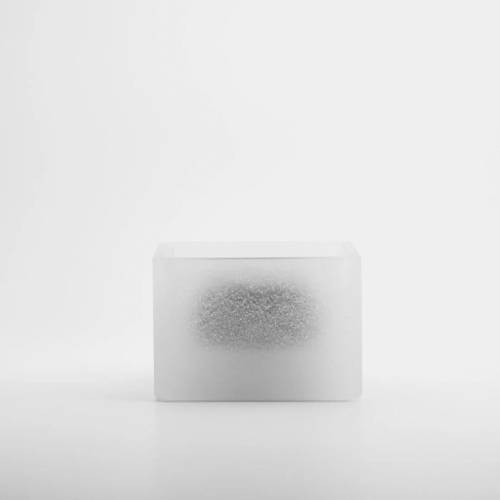
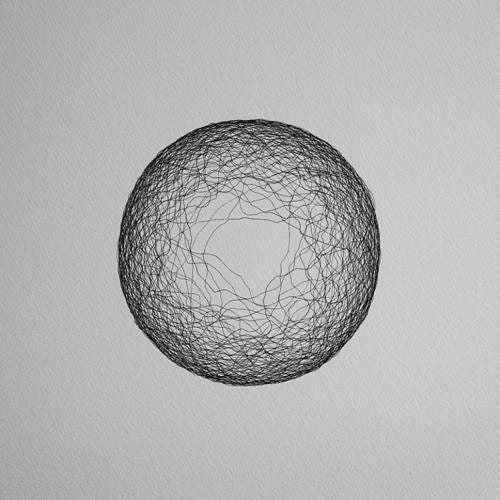
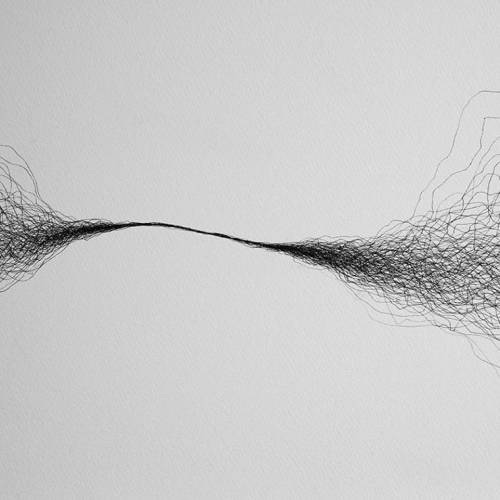
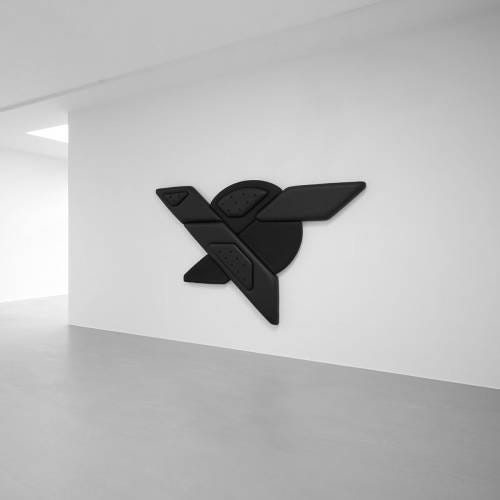
03: Minimal design
Explore our list of curated design resources
Nute: writing app (tool/software)
In residence: Piero Lissoni (video/architecture)
Dead simple sites (blog)
04: Minimal lifestyle
Explore our list of curated lifestyle resources for simple living
Shush digital (tool)
MUJI hut (experiment/architecture)
05: Shop
Discover our hand-picked minimalist products in the Minimalism Life® shop
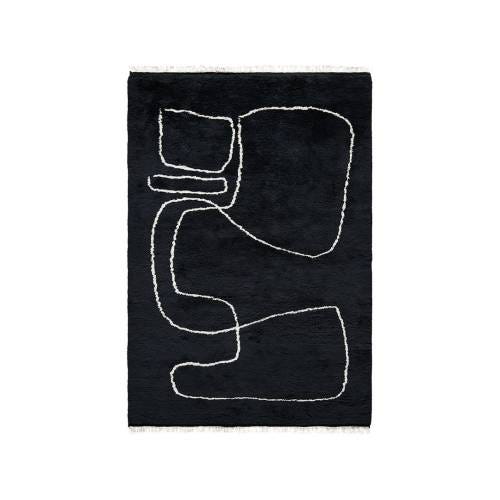
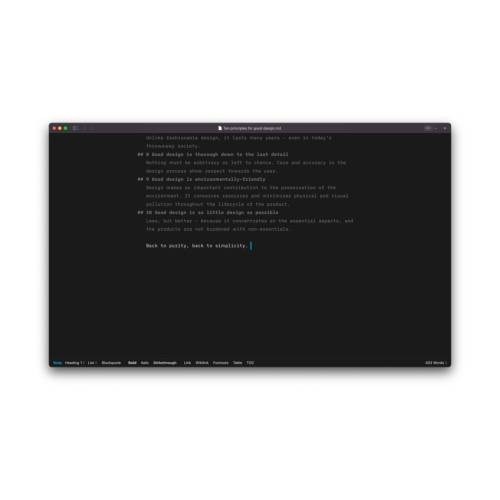
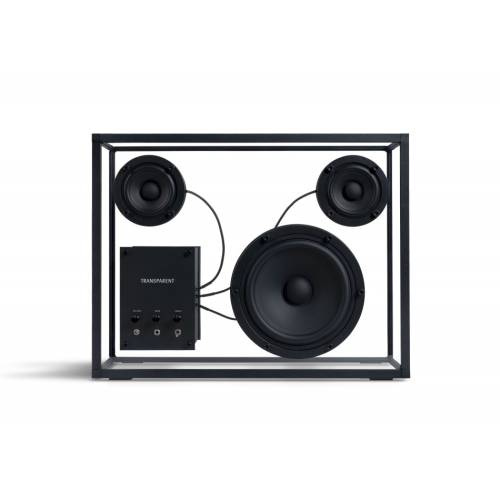
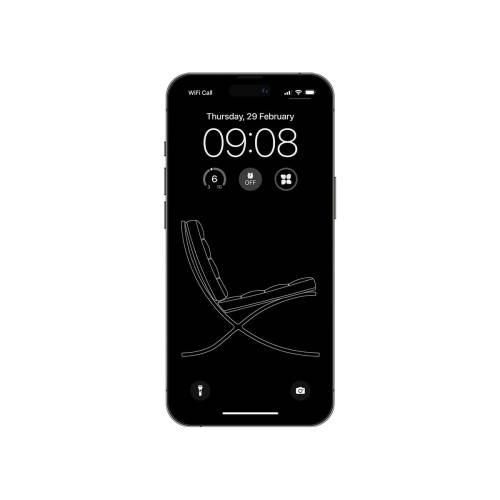
06: Brands anchored by simplicity and sustainability
Minimalism can mean frugality and owning less, but it can also mean supporting ethical brands with sustainability at their core. Here are a few you might find interesting—just remember, clothes are not an investment.
Nordic Knots: Rugs inspired by the beauty of the Nordic light
Collars&Co: Minimalist polo shirts
Dalgado: Timeless accessories made to last
Steele & Borough: Vegan, lightweight and water repellant bags
The Resort Co: Eco-conscious and artisan vacation wear
Escuyer: Accessories designed in Brussels
Floyd: Unique and distinctive travel cases
Mismo: Bags and accessories from natural materials
Void Watches: Simple Swedish timepieces
Discover more minimal brands on minimalism.com

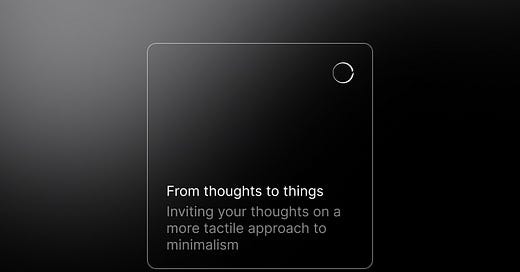

I understand your need to sell something to earn money, however, it's a bad idea. We do not need to produce more stuff. There's more than enough great design out there to build a beautiful elegant minimalist wardrobe, home, etcetera. Perhaps build something that can help mitigate how climate change affects poor people in the parts of the world that are hit the hardest instead?
I really struggle with the idea of producing more stuff. Especially from the perspective of minimalism. I understand your thought process- I think- but it's a hard no for me. Right now on this earth is billlions of times more stuff than the world population will ever be able to use. Crating a "minimalist line of stuff" is only going to add to that.